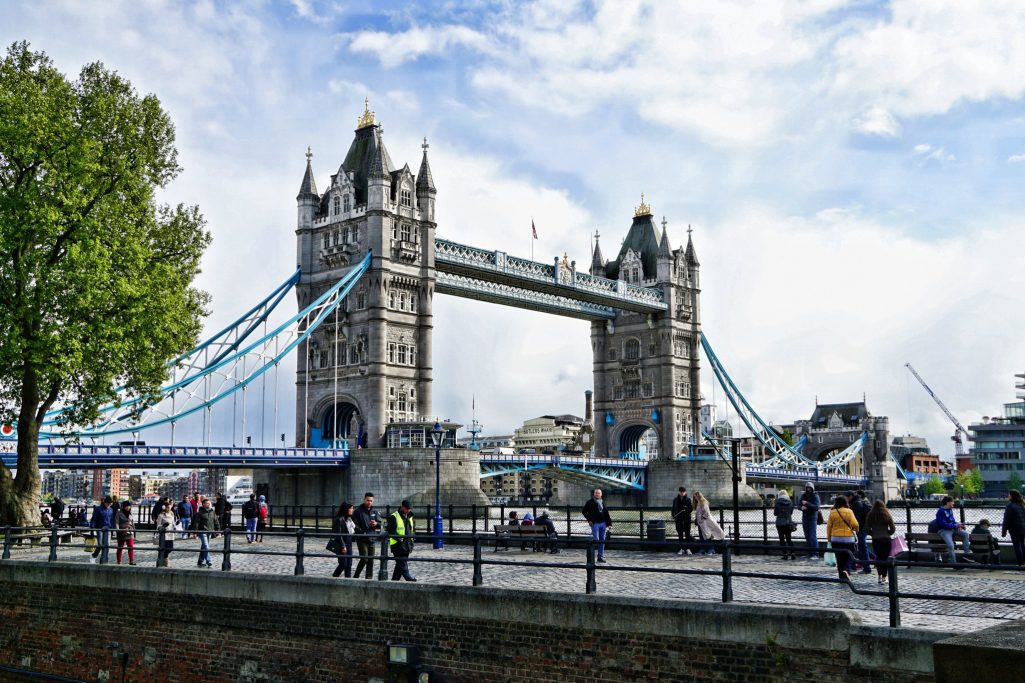Skift Take
The lack of clarity surrounding EU-UK travel regulations in 2021 is causing concern among European Union destinations as well as tourism service providers. But the biggest deterrent to consumer confidence could be the continued lack of consensus on travel health protocols.
This month, just four weeks shy of the final Brexit, the UK and the U.S. signed a new bilateral open skies agreement to ensure flights between the two countries would continue as of January 1, 2021, without “interruption due to regulatory uncertainty” when European Union laws stop applying to the UK.
But uncertainty is exactly what European destinations are dealing with in the absence of clear guidance on how tourism will operate seamlessly between the UK and the EU starting in the new year.
“The lack of information we have so far is agonizing,” Luís Araújo, president of Visit Portugal and new president of the European Travel Commission, said at a recent webinar hosted by the European Tourism Association, discussing the impact of Brexit on travel between the UK and the EU. “The issues related with visas, the health system, insurances, traveling with pets, working permits, driving licenses, taxes — all these issues have to be very clearly set up until the first of January.”
From this discussion among the UK’s major tourism markets, including Ireland, Germany, Spain, France, and Portugal, on the consequences of post-transition Brexit, the main takeaway is this: the lack of clarity on issues related to travel and tourism between the UK and the EU. So close to 2021 and on top of Covid restriction, that lack of clarity is likely to cause consumer and trade insecurity at the start of the year if travelers and travel companies have no idea what they need to do to be in compliance.
The final Brexit will particularly affect UK-based tour operators that sell the EU and send travelers to EU member states. “The only alteration will be that those companies based in the UK that sell Europe to people resident in the UK: they will no longer have to account for value-added tax (VAT) through the Tour Operators Margin Scheme,” Tom Jenkins, CEO of the European Tourism Association, told Skift.
The concern, however, is that individual EU member states could then choose to require UK companies to register for VAT in their destination. “UK would doubtless object that this would be unfair unless similar attempts were made to require all non-EU established buyers to register in destination of production,” Jenkins said. “The compliance challenges of that, let alone enforcement, are large, and the deterrent effect potentially significant.”
Other related tourism regulations have been slow to trickle in, such as the termination of the 20 percent shopping refund scheme for all visitors to the UK effective January 1.
Despite the remaining uncertainty around UK-EU tourism, Brexit hasn’t dampened sales of leisure travel thus far; destinations such as Germany, Spain and France shared that they expect continued consumer travel demand between the UK and EU primary tourism markets. How much consumer confidence will be impacted by January 1 as a result of Brexit uncertainty, however, remains to be seen.
What’s really proving to be “a long slog” as the European Tourism Association Director of Policy Tim Fairhurst told Skift, is “building consensus on comparable safe-to-travel protocols” and related technology such as testing and health passports.
“By far, the biggest obstacle to seamless travel is the management of public health precautions,” Fairhust said.
Delays resulting from new EU-UK travel are expected due to Brexit, in part due to mandatory custom checks, but Fairhurst believes those will be mitigated by bilateral agreements. “The UK’s destination markets don’t want to make life unnecessarily difficult for the EU largest [third] country source market if they can help it.”
With the final Brexit stage less than a month away, it’s likely travelers and EU-UK tourism providers will face an initial period of uncertainty and inefficiency going into 2021, as the UK and the EU will be pushed to make rapid cross-border adjustments for the safe and smooth movement and flow of people and services.
The Daily Newsletter
Our daily coverage of the global travel industry. Written by editors and analysts from across Skift’s brands.
Have a confidential tip for Skift? Get in touch
Tags: brexit, coronavirus, coronavirus recovery
Photo credit: As Brexit's final phase nears, uncertainty looms over how travel between EU-UK will operate seamlessly. Mirko Toller / Flickr Commons
